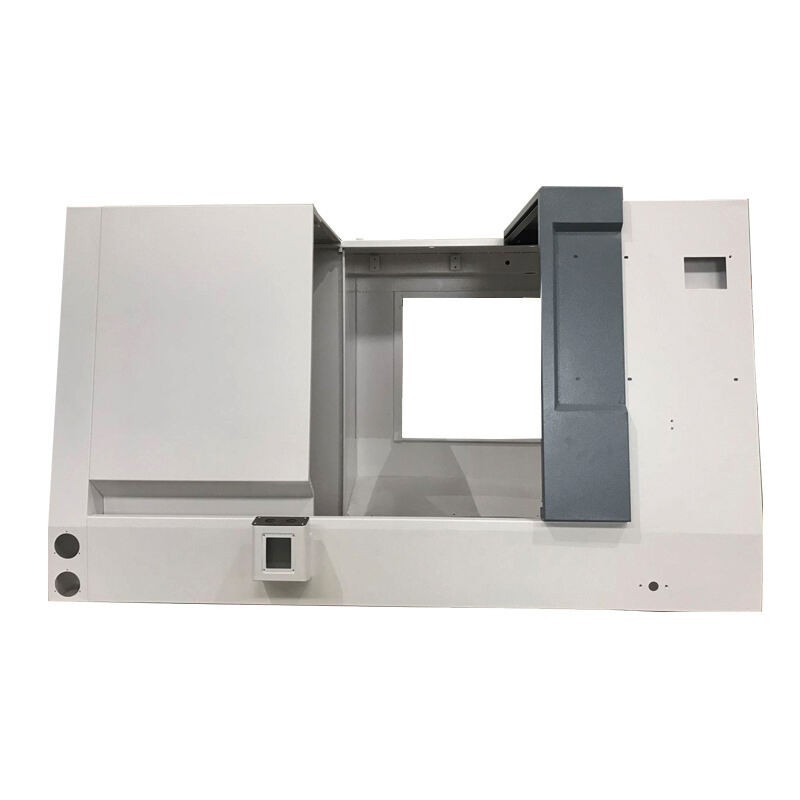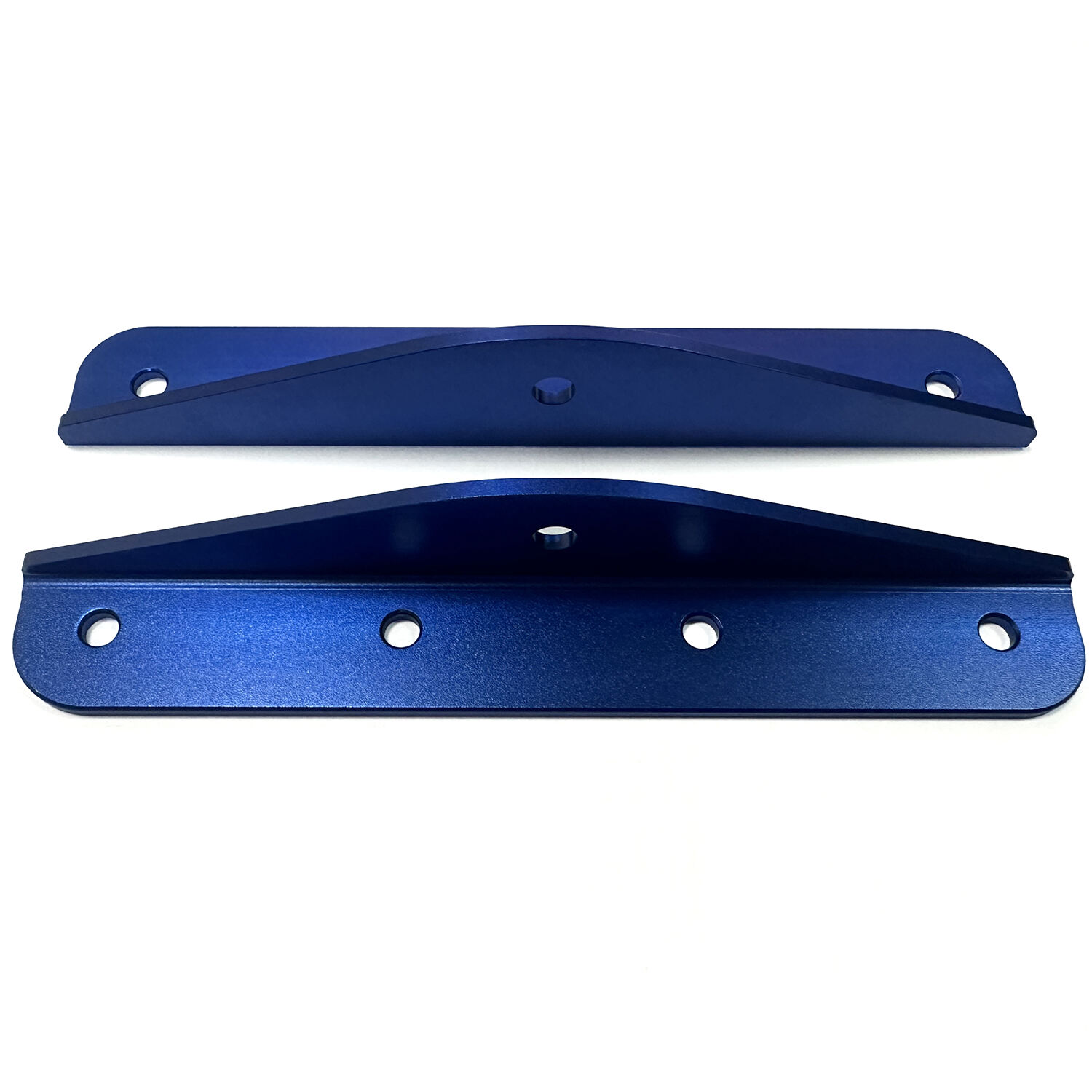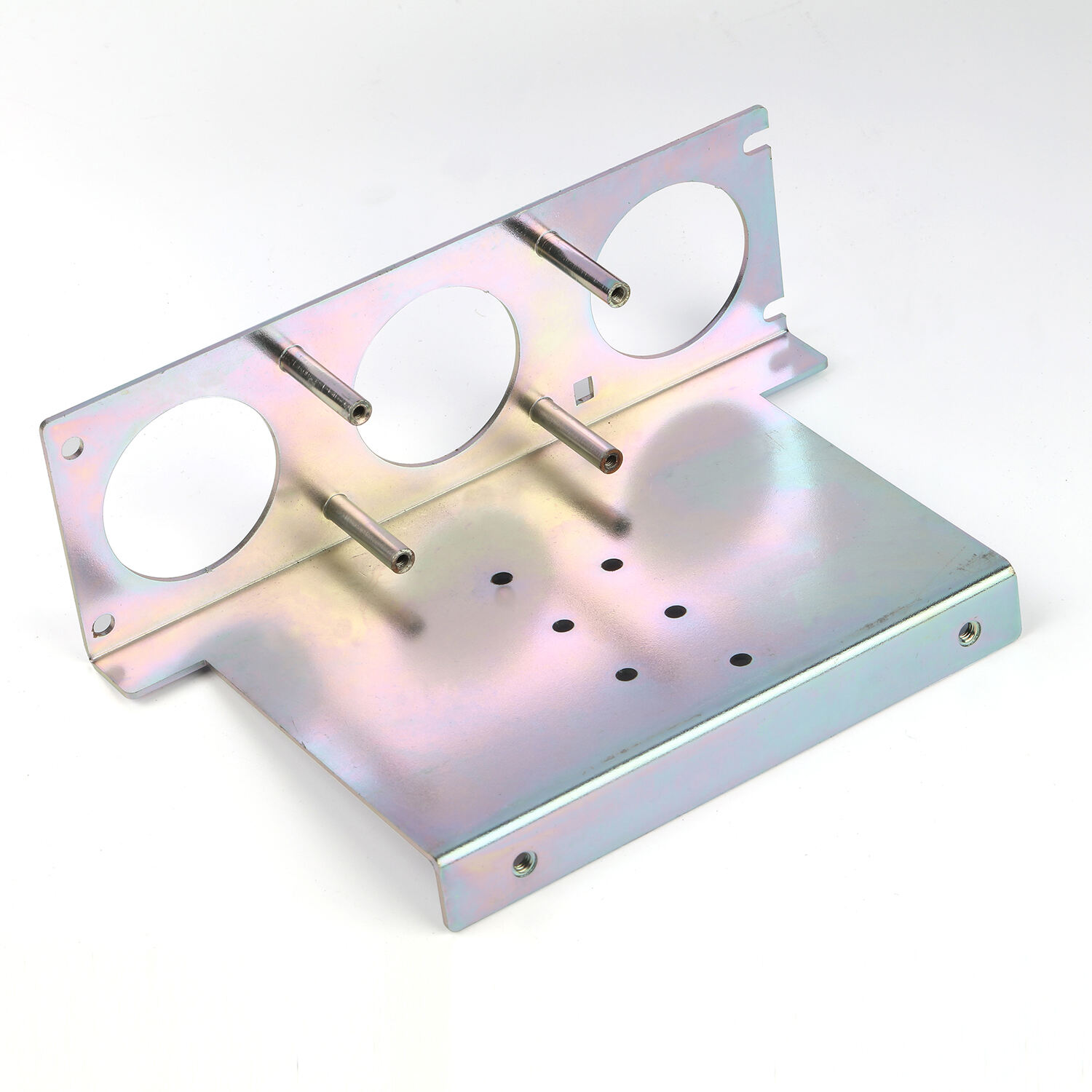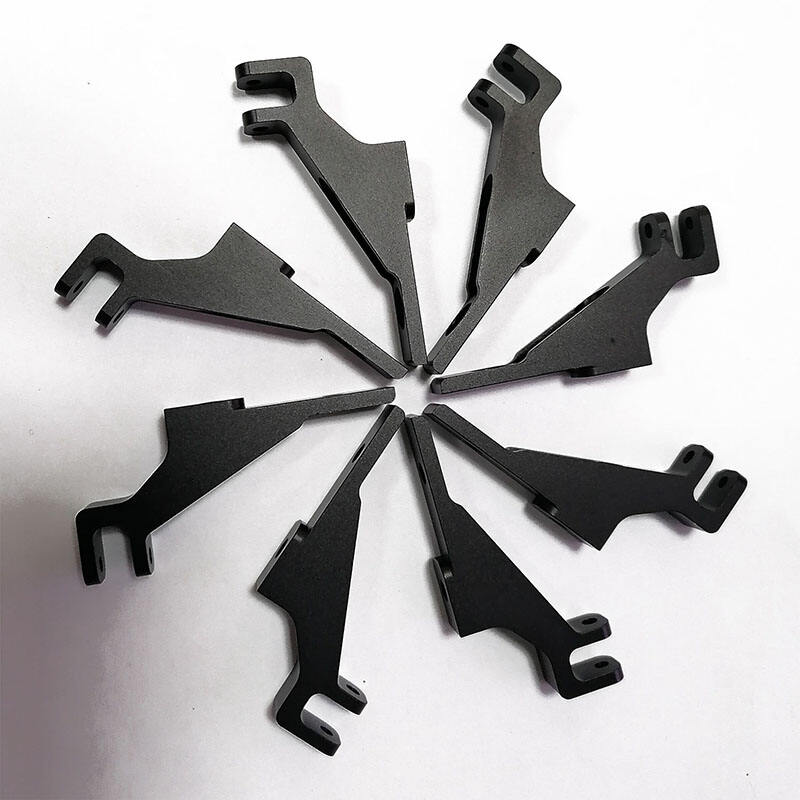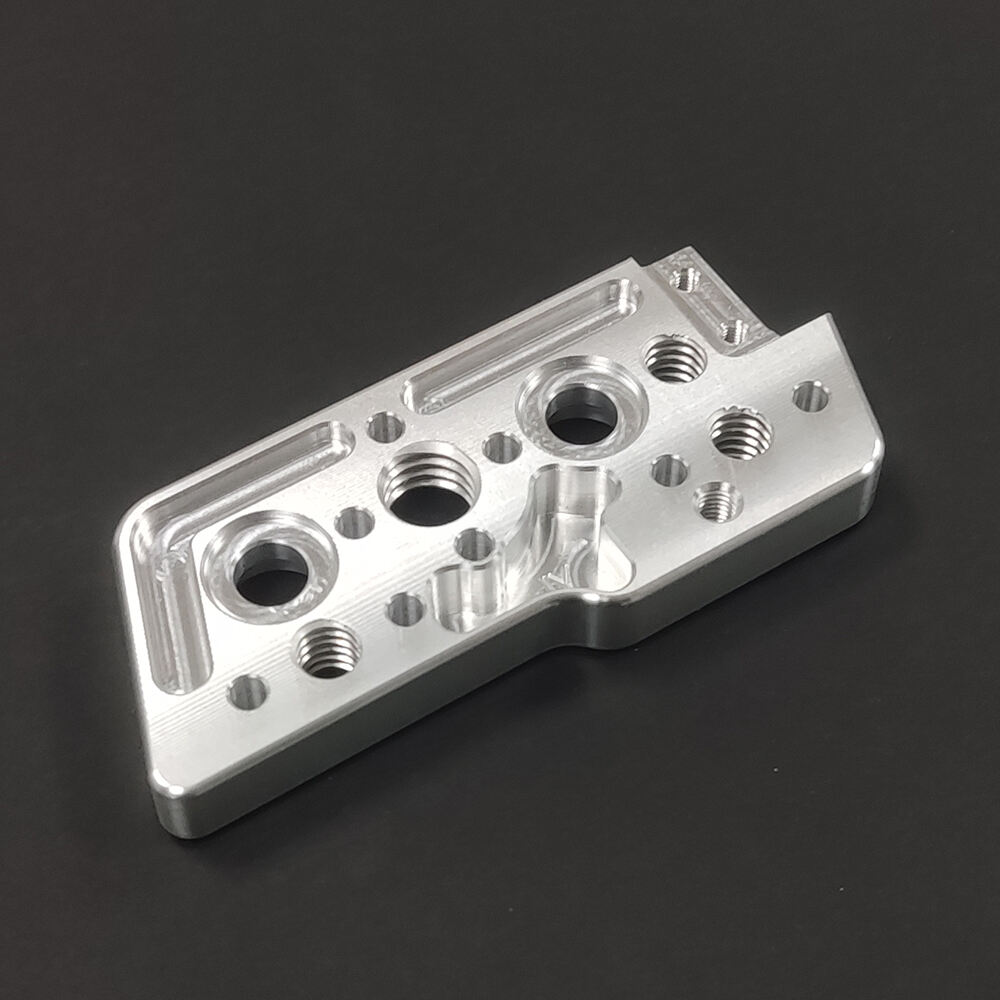Can brass be welded?
Can brass be welded?
The answer is yes, it is a challenging welding material. Brass sheet metal parts are very common in both daily life and industrial fields
Different from ordinary metal welding, brass welding requires higher technical and solder requirements, mainly in terms of zinc element. In this article, Jiayi Technology will take you to understand the welding difficulties and methods of brass.

Firstly, the difficulties and core issues of welded brass
- Evaporation and burning of zinc:
The main components of brass are copper and zinc. The boiling point of zinc is very low (about 907 ° C), while the melting point of copper is relatively high (about 1083 ° C). When the welding temperature reaches the melting temperature of copper, the zinc element has already evaporated significantly. This will cause porosity and slag inclusion in the weld seam, and weaken the mechanical properties and corrosion resistance of the weld seam.
- Generate toxic zinc oxide smoke:
The evaporated zinc quickly combines with oxygen in the air to form white smoke of zinc oxide (ZnO). Inhaling zinc oxide smoke can cause "metal smoke fever", symptoms similar to a severe cold such as fever, chills, nausea, fatigue, etc. Therefore, welding brass must be carried out in a well ventilated environment and professional dust and smoke masks must be worn.
- High thermal conductivity:
Copper alloys have high thermal conductivity, and heat will quickly dissipate from the welding area. This means that a larger and more concentrated heat input is required than welding steel.
Secondly, common brass welding methods
In response to the above difficulties, the following welding methods are most commonly used:
Next, let's talk about the welding method of brass
1. Gas welding (oxygen acetylene welding)
Characteristics: This is a traditional method with relatively dispersed heat, and proper control can reduce the evaporation of zinc.
Key:
Using a slight reducing flame (slightly more acetylene) can prevent the molten pool from being excessively oxidized.
Brass welding wire and borax type flux must be used. Flux can dissolve and remove surface oxide films, promoting weld formation.
Advantages: Simple equipment and low cost.
Disadvantages: Large heat affected zone, potential for significant deformation, and high technical requirements for operators.
2. Tungsten inert gas welding (TIG welding)
Characteristic: This is currently one of the most commonly used and high-quality methods for welding brass.
Key:
Use direct current positive connection (DCEN).
The protective gas is usually pure argon gas.
Choose appropriate brass welding wire or silicon bronze welding wire.
Advantages:
Stable arc, concentrated heat, and precise control.
Zinc has relatively less burn damage, and the weld seam is aesthetically pleasing and of high quality.
Disadvantages: High equipment cost and high requirements for operator skills
3. Welding rod arc welding
Features: Suitable for welding thick and large items, with high flexibility.
Key:
Special brass welding rods (such as T207) must be used.
Advantages: The equipment is simple and suitable for on-site operations.
Disadvantages: Large splashes, high levels of smoke and dust, and more post weld cleaning work.
4. Brazing
Characteristic: If the workpiece is not a structural component that can withstand heavy loads, brazing is a very good choice.
Key:
The base material (brass) does not melt, only the brazing material melts and fills the joint.
The temperature is much lower than the melting point of brass, thus completely avoiding the problem of zinc evaporation.
Use silver based brazing materials (such as BAg series) or copper phosphorus brazing materials, combined with corresponding brazing agents.
Advantages: Smooth joint, minimal deformation, no zinc burning problem, relatively simple and safe operation.
Disadvantage: The joint strength is lower than that of fusion welding
It is worth mentioning that Jiayi Technology as a machining companies of sheet metal fabrication, has welding technology and equipment, and we provide customers with one-stop services. Some sheet metal processing prices require bending, cutting, and welding to meet design requirements. Jiayi provides sheet metal, CNC processing, and welding services to customers, which can perfectly solve their problems. If you need these services, please contact us.
Recommended Products
Hot News
-
What is MIM processing method?
2025-11-25
-
Does copper for conductive purposes need surface treatment?
2025-11-21
-
Advantages of CNC machining
2024-01-16
-
What is CNC machining technology?
2024-01-16
-
The development trend of CNC machining
2024-01-16
-
Surface treatment technology in CNC machining: improving product added value
2025-03-20
-
What is the difference between SS316 and SS316L?
2025-11-10
-
Good news -100pcs large mechanical equipment casings have been produced
2025-11-11
-
Surface treatment of stainless steel - powder coating or spray painting
2025-11-13
-
What Role does Sheet Metal Shell Processing Play in Electronic Products?
2025-12-04

 EN
EN
 AR
AR
 CS
CS
 DA
DA
 NL
NL
 FI
FI
 FR
FR
 DE
DE
 EL
EL
 IT
IT
 JA
JA
 KO
KO
 NO
NO
 PL
PL
 PT
PT
 RU
RU
 ES
ES
 SV
SV
 TL
TL
 ID
ID
 VI
VI
 TH
TH
 MS
MS


